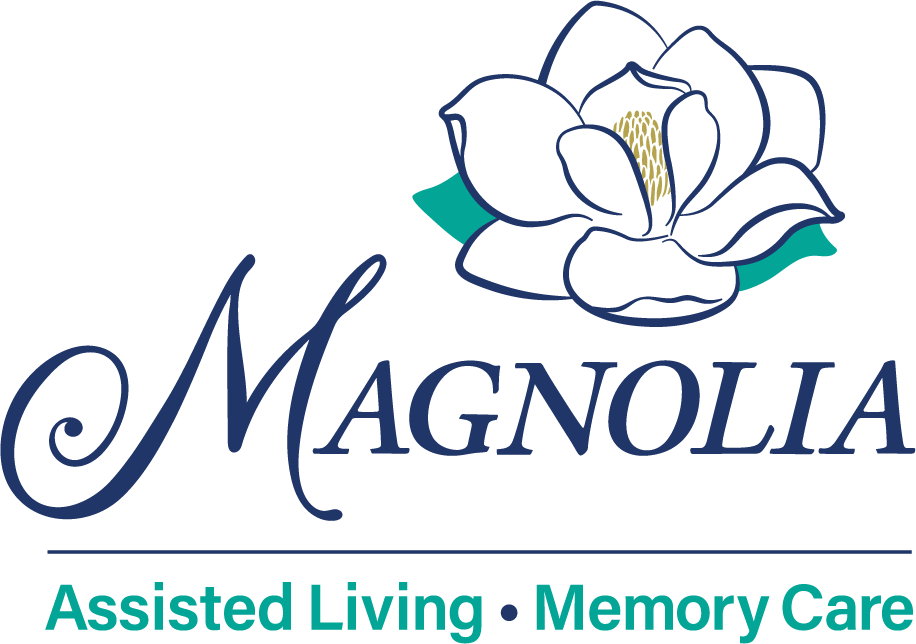Producing a Safe and Supportive Setting: In-Home Memory Care Essentials
Developing a caring and safe environment for people needing at home memory treatment is paramount to their health and high quality of life. From guaranteeing safety within the living room to utilizing reliable communication techniques and carrying out memory-friendly design components, there are vital components that add to a holistic treatment approach. By concentrating on producing an encouraging environment that satisfies the distinct demands of those with memory disabilities, caretakers can considerably boost the everyday experiences of their enjoyed ones.

Safe Living Atmosphere
Developing a safe and secure and hazard-free living environment is extremely important when providing at home memory look after individuals with cognitive impairments. Ensuring the security of the specific with memory loss is vital to avoid mishaps and advertise a sense of wellness. One crucial aspect of producing a secure living environment is to remove any type of possible hazards that might cause slides, journeys, or falls. This includes protecting loosened carpets, making certain adequate illumination in all locations of the home, and maintaining paths free from mess.
Additionally, making use of innovation such as motion sensing units and alarms can notify caregivers if the specific wanders or is in distress. By prioritizing safety and security procedures and removing possible risks, caretakers can offer a secure and helpful environment for people with cognitive impairments obtaining in-home memory treatment.
Effective Interaction Strategies
Applying tailored interaction strategies is necessary in fostering significant interactions with individuals with cognitive problems in the context of in-home memory care. Reliable communication plays a critical role in producing an encouraging environment that improves the health and lifestyle for people with memory concerns. When communicating with somebody experiencing cognitive decrease, it is essential to utilize clear and easy language, preserve a tranquility and favorable tone, and offer visual signs to assist comprehension.
One key method is to exercise energetic listening, showing empathy, persistence, and respect throughout discussions. Non-verbal signs such as faces and body language can also assist communicate understanding and assistance. In addition, using reminiscence therapy by talking about past experiences or using songs and art can use long-term memories, sparking connections and stimulating engagement.
Moreover, incorporating regular routines and consistent communication patterns can provide a sense of familiarity and safety and security for individuals with memory impairments. By executing these communication techniques, caregivers can establish purposeful links and advertise a sense of comfort and count on the in-home memory treatment setup.
Memory-Friendly Style
Provided the importance of creating an encouraging setting for individuals with memory issues through reliable interaction techniques, the incorporation of memory-friendly design components in the home ends up being necessary in enhancing their daily experiences and overall health. Memory-friendly style concentrates on enhancing safety, convenience, and self-reliance for people with cognitive disabilities. Easy modifications can make a significant difference, such as making use of contrasting colors to improve exposure and reduce complication, incorporating clear signs to help navigating, and lessening clutter to stop sensory overload.
Incorporating familiar aspects from the person's past, such as personal images or favorite products, Continue can stimulate favorable memories and create a feeling of familiarity. By integrating these memory-friendly design components, caretakers can supply a encouraging and risk-free living room that allows people with memory issues to preserve their independence and high quality of life. Charlotte Memory Care.
Daily Routine Planning
When developing a day-to-day routine for people with memory problems, cautious planning is necessary to sustain their cognitive function and total wellness. Developing an organized routine can help in reducing disorientation, stress and anxiety, and confusion commonly experienced by those with memory problems. Begin by integrating familiar tasks that straighten with the person's preferences and rate of interests. Uniformity in daily regimens can supply a sense of safety and security and stability, assisting in the preservation of cognitive abilities.
Adaptability is vital, as some days may require adjustments based on the individual's mood and energy levels. On a regular basis reviewing and adjusting the day-to-day timetable will certainly aid guarantee its effectiveness in promoting a positive and comforting environment for people with memory obstacles.
Assistance System Execution
Developing a durable network of supportive people plays a crucial duty in boosting the top quality of treatment and wellness for individuals requiring memory support. Household participants, friends, healthcare specialists, and neighborhood sources can all contribute to creating a solid assistance system. Interaction among these individuals is essential to ensure that the demands of the specific with memory difficulties are satisfied effectively.
Household members are often the key caregivers and create the backbone of the support system. They supply daily treatment, psychological assistance, and companionship. When required to prevent fatigue and ensure the finest possible care for their enjoyed one., it is important for family participants to seek help and respite.
Along with family members support, including healthcare experts such as specialists, nurses, and physicians can supply customized care and assistance. These experts can supply valuable insights, medical recommendations, and assistance in managing the individual's condition.

Conclusion
In final thought, producing a encouraging and safe environment for individuals with memory care needs is important for their wellness. By establishing a risk-free living my site atmosphere, using efficient interaction methods, integrating memory-friendly style aspects, preparing everyday routines, and implementing a strong support system, caregivers can help improve the quality of life for those with memory loss. These important components interact to develop a nurturing and encouraging setting that promotes self-reliance and enhances overall top quality of life.
Developing a safe and secure and hazard-free living atmosphere is critical when offering in-home memory treatment for people with cognitive disabilities. By prioritizing safety and security procedures and why not find out more eliminating potential hazards, caregivers can supply a encouraging and safe atmosphere for people with cognitive problems getting at home memory treatment.
Establishing a durable network of helpful people plays an essential role in boosting the high quality of care and wellness for individuals calling for memory support - Charlotte Memory Care. Interaction among these people is necessary to guarantee that the demands of the private with memory challenges are satisfied effectively
